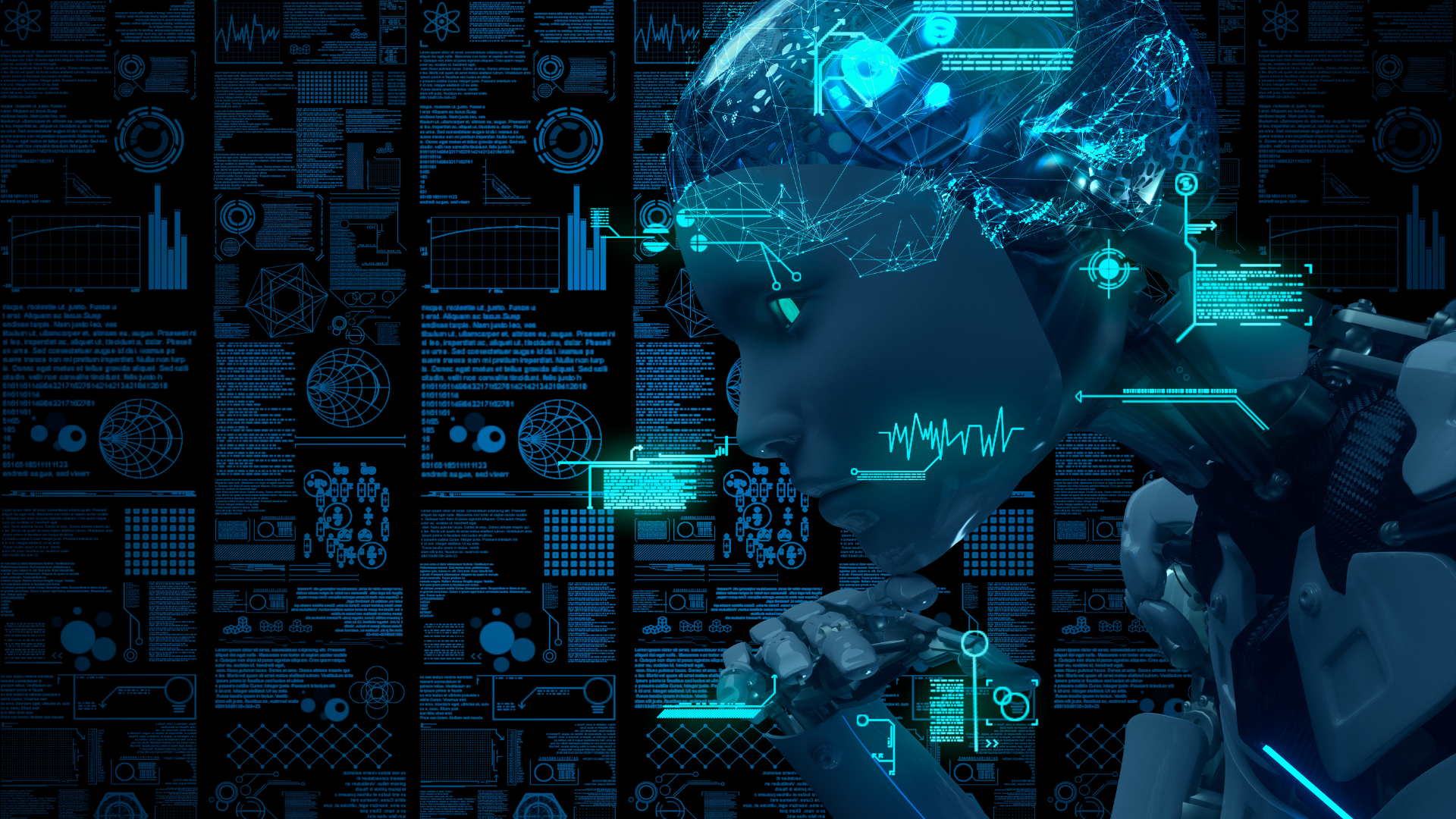Artificial intelligence is one of the buzzwords of our time, and it’s easy to see why. Thanks to breakthroughs in computing power and falling hardware costs, computers can now be programmed to do tasks and solve problems that once required human intelligence and effort. So, when we hear that a particular company is using AI or that a particular technology uses AI, we’re often left wondering what exactly they mean and what does AI even mean?
AI, or artificial intelligence, refers to machines’ simulations of human intelligence. Though this may sound futuristic, AI is already in use and predicted to play a growing role in our daily lives.
What Is AI?
Artificial intelligence (AI) is the future, but the future is now. In 2018, AI made its mark in the workforce, where machines and robots are steadily replacing less-skilled workers at factories, coal mines, and other jobs. And going forward, the use of AI will only become more widespread in the workplace, where automated systems can speed the productivity and accuracy of scientists and researchers, saving countless hours of labor.
Artificial intelligence (AI) is a catch-all term for a range of technologies that can build on human capabilities to perform tasks ordinarily requiring human intelligence. AI technologies might include voice recognition, image recognition, translation, and decision-making. This definition covers only what’s currently possible with AI, and it will change fast as companies race to create better and more powerful versions of these technologies.
The Benefits of Artificial Intelligence
- Increased Business Efficiency – Artificial intelligence has improved business efficiency in so many ways. By analyzing data, businesses can identify patterns and trends while protecting privacy. Machine learning technology helps companies automate time-consuming tasks so that they can focus on other tasks that improve their bottom line. AI also helps business leaders make better business decisions by employing more data-driven robots than human decisions.
- Minimizing Errors – With AI, programmed tasks can be completed more quickly and with more accuracy while reducing costs and errors. But AI isn’t just about improving processes and eliminating errors; it can also help humans become more and more effective in their work.
- Solving Complex Problems – Artificial intelligence (AI) uses software and computers for problem-solving. It is used to make life better in so many different ways, including helping with the business, healthcare, and science. But AI isn’t just about solving problems; it is also being used in research to create new cures for diseases and for changing lives for the better.
- Research and Data Analysis – Artificial intelligence is a broad term used to describe machines that can think and act like humans. Artificial intelligence includes speech and speech recognition software, automatic text-to-speech programs, intelligent personal assistants like Siri and Alexa, and computer vision developers who use AI to teach their programs how to identify objects and people. Additionally, most data analysis has grown simpler as a result of the majority of businesses opting for cloud adoption. Besides, cloud analytics has several advantages over conventional technologies, including more sharing and collaboration, better security, cheaper costs, and incredible scalability. Additionally, AI in the cloud tends to automate tedious and repetitive operations and conducts data analysis without the need for human participation, improving overall productivity, which makes the job of the data analytics team easier.
- Medical Advances – Artificial intelligence (AI) is popularly thought of as autonomous computers that can learn, think, and perceive like humans. However, today, AI is so much more. For example, AI can look at medical images-like X-rays, MRIs, and PET scans-and spot abnormalities that human doctors may not see. AI can also read medical charts and identify patterns among medical professionals. And AI can also analyze the data from these charts and images to create communication and treatment plans.
- Automation – Artificial intelligence (AI) is a wide word that refers to a variety of high-tech activities. It refers to computers that can “think” for themselves in the same way that people can, as well as accomplish jobs that we assign to them. Some activities are simple, such as recognizing items in a photograph, while others, such as chess, are more difficult. Artificial intelligence is now even being utilized in the construction sector to help contractors and specialists who are normally employed for commercial design & build services. Companies, for example, are developing AI-powered Digital Construction Verification (DCV) platforms capable of creating a “digital twin” of a structure under construction. Drones, on-site cameras which use AI technology, or personnel on the ground are used to photograph every step of new construction, whether core, shell, or interior.
Also, AI is being employed extensively in devices that people use at home. Smart homes, as they are called, seem to be all the rage nowadays. People want houses that come with features like automated HVAC, voice-controlled lighting, smart fridges, opening and shutting window treatments, etc. Real estate agents such as Finlay Brewer – shepherds bush and many others are wisely following this trend, pushing more and more automated homes. Besides, smart homes make the house more secure against robbery and other vulnerabilities.
Similarly, automation is likely to be the future of many other fields like industry, agriculture, medical services, etc. Reducing the margin of error using AI makes for more efficient flow, whether at home or at the workplace.
Artificial Intelligence How is it Used?
As we continue to expand our understanding and applications of AI, innovations in technology are transforming industries and lives, including security, gaming, natural language processing, and expert systems. Machine intelligence or artificial intelligence, is the science of creating computer systems that simulate human intelligence.
Artificial intelligence is a set of technologies that aim to simulate human intelligence, especially intelligent behavior demonstrated by humans. This field has a wide range of applications, including machines that can be taught to perform tasks that normally require human intelligence, such as games, speech recognition, and translation.

